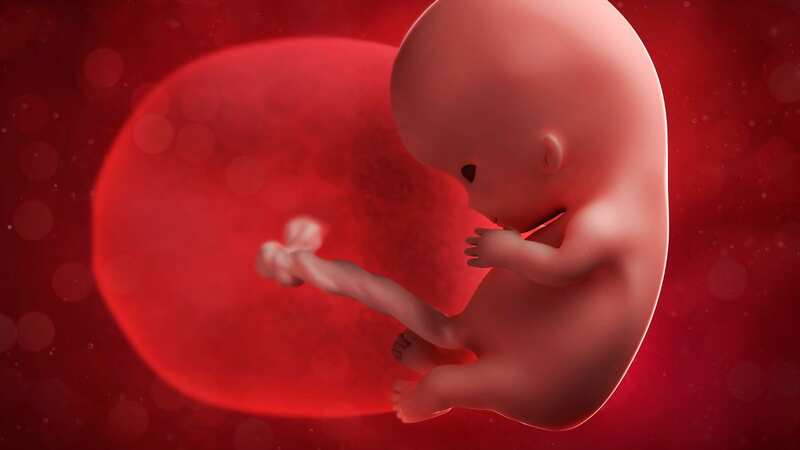

The placenta is the connection between mum and baby. A developing baby depends wholly on mum for everything, via the placenta. Without a healthy placenta the unborn baby could be in jeopardy, so I’m not surprised that Yale University researchers looked to the placenta for answers on miscarriage and stillbirth.
But I am surprised by their results. They’ve shown a sub-par placenta could be responsible for more than 90% of previously unexplained pregnancy losses.
There are approximately 694,000 pregnancies per year in the UK, with one in five pregnancies ending in miscarriage (a loss occurring prior to 20 weeks of gestation) and over 2,800 ending in stillbirth at or beyond 20 weeks of pregnancy. As many as half of these losses are categorised as unspecified or unexplained.
Couples are often told their loss is unexplained and they should simply try again, which makes patients feel responsible, says senior author Dr Harvey Kliman at Yale School of Medicine in Connecticut.
“To have a pregnancy loss is a tragedy. To be told there is no explanation adds tremendous pain for these families. Our goal was to expand the current classification systems to decrease the number of cases that remained unspecified.”
 Greggs, Costa & Pret coffees have 'huge differences in caffeine', says report
Greggs, Costa & Pret coffees have 'huge differences in caffeine', says report
Kliman, working with Beatrix Thompson, a medical student at Harvard University, and Parker Holzer, a former graduate student in Yale’s Department of Statistics and Data Science, aimed to develop a new classification system for pregnancy loss based on placenta examination.
Some 1,256 placentas from 922 patients were examined. Of these, 70% were miscarriages and 30% were stillbirths. By adding the explicit categories of “placenta with abnormal development” (dysmorphic placentas) and “small placenta” (smaller than 90% of other placentas), authors could make diagnoses for 91.6% of the pregnancies, including 88.5% of the miscarriages and 98.7% of the stillbirths.
The most common abnormality found in the unexplained miscarriages was dysmorphic placentas (86.2%), a marker for genetic abnormalities. The most common abnormality in unexplained stillbirths was a small placenta (33.9%).
The importance of these findings is that both could be detected “in utero”, before birth, and would flag up abnormal placentas. Moreover, they had identified potential genetic abnormalities and small placentas linked to stillbirth.
Kliman adds: “Having a concrete explanation for a pregnancy loss helps the family understand their loss was not their fault, allows them to start the healing process, and, when possible, prevent similar losses, especially stillbirths, from occurring again.”
When asked for the most effective way to prevent stillbirths, Kliman responded: “Measure the placenta.”